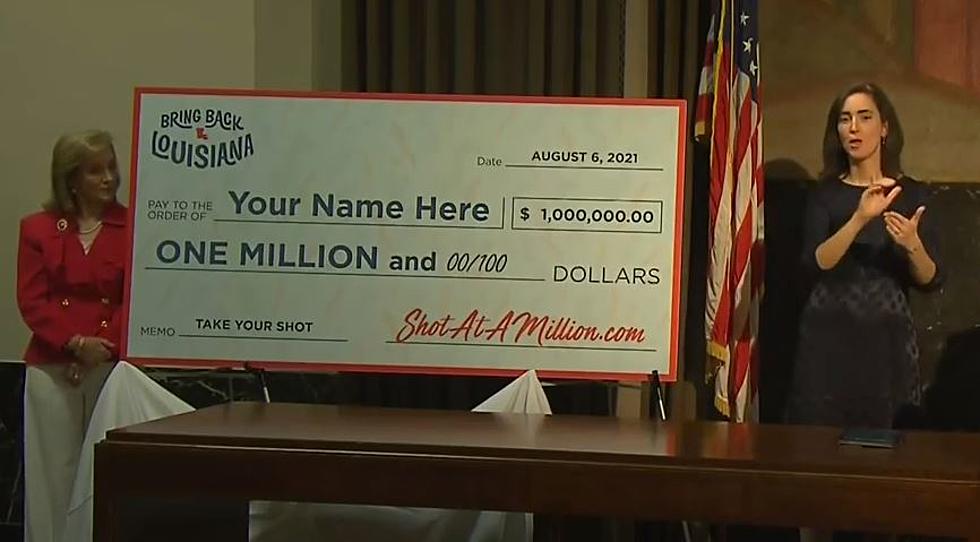
BBB’s Top 10 Scams of 2016
Based on more than 30,000 scams reported by consumers to BBB Scam Tracker, tax scams top the list. This is despite a huge drop in reports after a September police raid in Mumbai, India.
The Better Business Bureau says credit card scams dropped off the top ten list, while online purchase scams and phishing are new to the list -- #4 and #10, respectively.
According to the BBB, employment scams (#5) are also new to the top 10, but only because work-from-home scams -- previously a separate category -- were included.
The top three scams on the 2016 list were the same as in 2015. Here are the 10 most-reported scams of the year.
- 1
Tax Scams
According to the Internal Revenue Service, callers claim to be employees of the IRS, but are not. These con artists can sound convincing when they call. They use fake names and bogus IRS identification badge numbers. They may know a lot about their targets, and they usually alter the caller ID to make it look like the IRS is calling. More than 7,500 such scams were reported in 2016, just 1% more than 2015.
- 2
Debt Collections
Scammers will pose as debt collectors and collection agencies and try to get consumers to pay them. They'll often use "abnormally abusive and harassing tactics" to scare you into giving up your banking or other personal information. It's often difficult to tell the difference between a legitimate collection agency and a scammer. Some red flags include the caller demanding payment today, and not accepting various forms of payment. Scammers also refuse to give you a physical address or name. Consumers reported over 2,400 of these scams in 2016. That decreased by 0.1% from 2015 numbers.
- 3
Sweepstakes/Prizes/Gifts
Just over 2,100 consumers reported this type of scam, which decreased by 1% from the previous year. These scams require you to pay in order to improve your chances of winning, including paying taxes, shipping and handling charges or processing fees to get your prize.
- 4
Online Purchase
Online shopping scams made the top 10 list for the first time in 2016, with close to 1,900 reported. According to scamwatch.gov.au, these fake retailers will often ask you to pay using a money order, pre-loaded money card or wire transfer. But the website says if you send money this way, you'll likely never see it again or receive your purchased item.
- 5
Employment
A story at careerminer.infomine.com says "a job scam occurs when a scammer poses as an employer or recruiter, and offers attractive employment opportunities which require that the job seeker pay money in advance. This is usually under the guise of work visas, travel expenses or background and or credit checks that are required for the job." There were more than 1,700 of these scams in 2016, the first time this category appeared in the top 10.
- 6
Government Grant
If someone claiming to be from a government agency asks you to pay a processing fee for a grant you've already been awarded, or wants you to pay for a list of grant-making institutions -- chances are, the deal is bogus. You can find agencies and foundations that award grants for free at any public library or online.
- 7
Tech Support
Technical support scams account for more than 1,300 of the top 10 of 2016, decreasing by less than 1.5% from 2015. According to wikipedia.org, callers will claim to offer tech support services, and may ask you to go to your computer to perform a series of complex tasks. Often, they'll tell you your computer has a virus that you'll need to pay the scammer to fix.
- 8
Advance Fee Loan
Reports of this type of scam actually decreased slightly from last year. It usually stems from an ad or website that guarantees loans or credit cards, regardless of your credit history. But an article on consumer.ftc.gov says you should be wary of a lender who isn't concerned with your history, and doesn't disclose fees prominently.
- 9
Fake Check/Money Order
More than 850 such scams were reported in 2016, increasing over 2015 by .05%. In this type of scam, you receive a check or money order in the mail, but you're asked to send cash for taxes or fees somewhere else in return.
- 10
Phishing
This made the top ten for the first time in 2016, with more than 750 cases reported. This scam is any attempt to trick you into giving out your personal information, such as bank account or credit card number.
More From News Radio 710 KEEL





![BBB President Warns Beware ‘Storm Chaser’ Scammers [VIDEO]](http://townsquare.media/site/180/files/2018/04/Screenshot_180.png?w=980&q=75)
![Better Business Boss Talks Torch Awards [VIDEO]](http://townsquare.media/site/180/files/2017/11/15.png?w=980&q=75)


